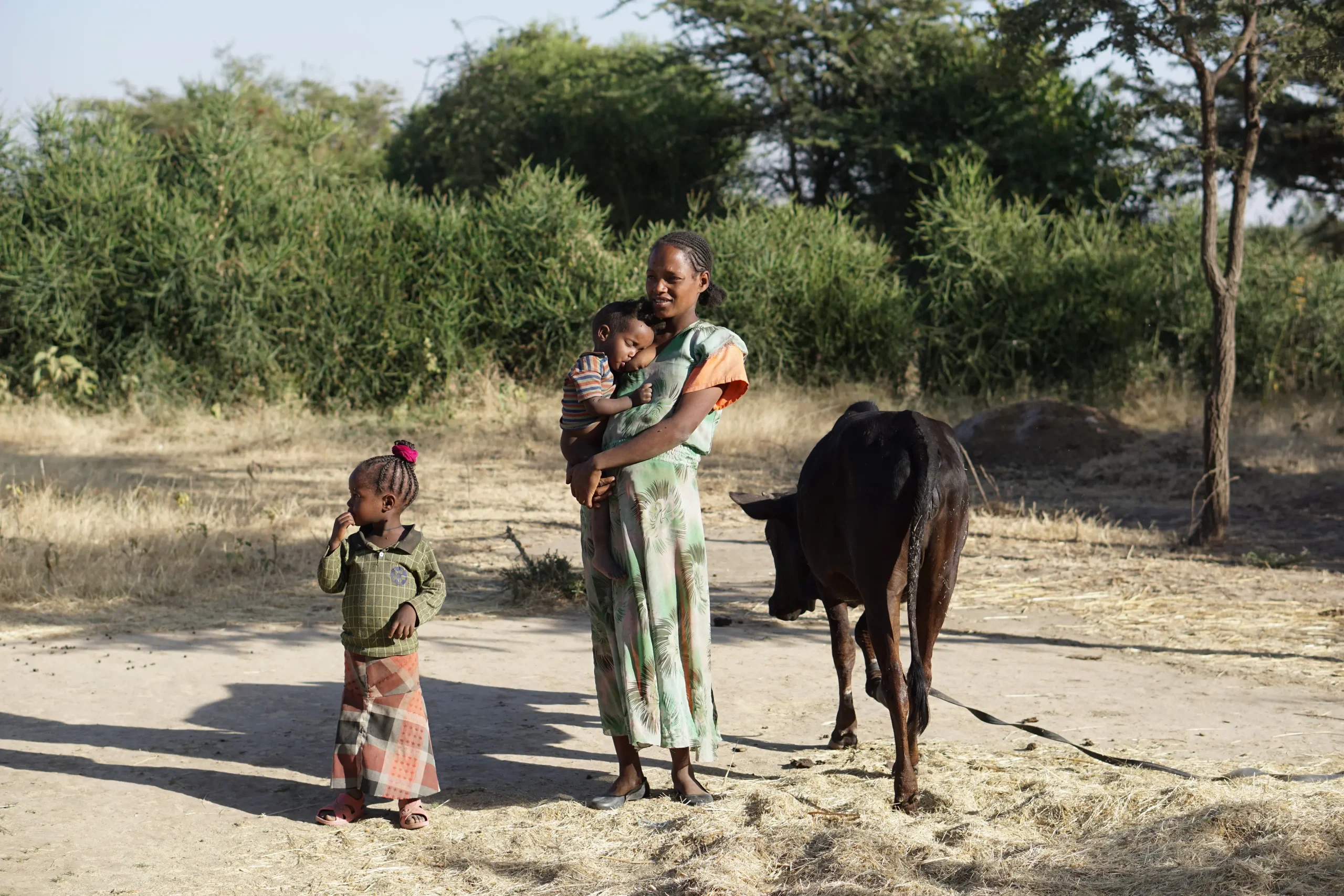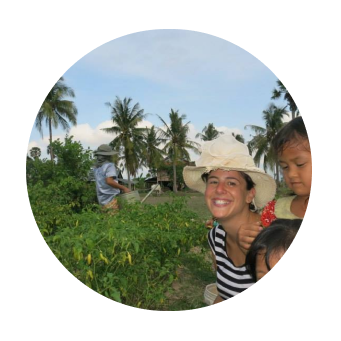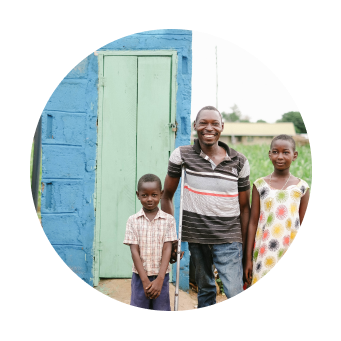Climate Change
Powering farmers to become resilient to climate change is one of the strategies at the heart of iDE’s work.
Focusing on managing natural resources using climate smart products. Solar water pumps. Micro-irrigation lines. Rainwater harvesting. Greenhouse tunnels. Vegetable dehydrators.
For example, in Mozambique, iDE set up 400 farmer field schools across 12 districts in four provinces to increase knowledge and awareness of affordable technologies to achieve higher production using fewer resources. In total, 250 lead farmers trained some 16,000 smallholder farmers (59 per cent women-led businesses.) Our focus
is on promoting climate-smart products.
For more than 40 years, iDE has helped develop and promote technologies that assist people generate higher incomes. As the climate changes, these resource-smart technologies have become increasingly important.
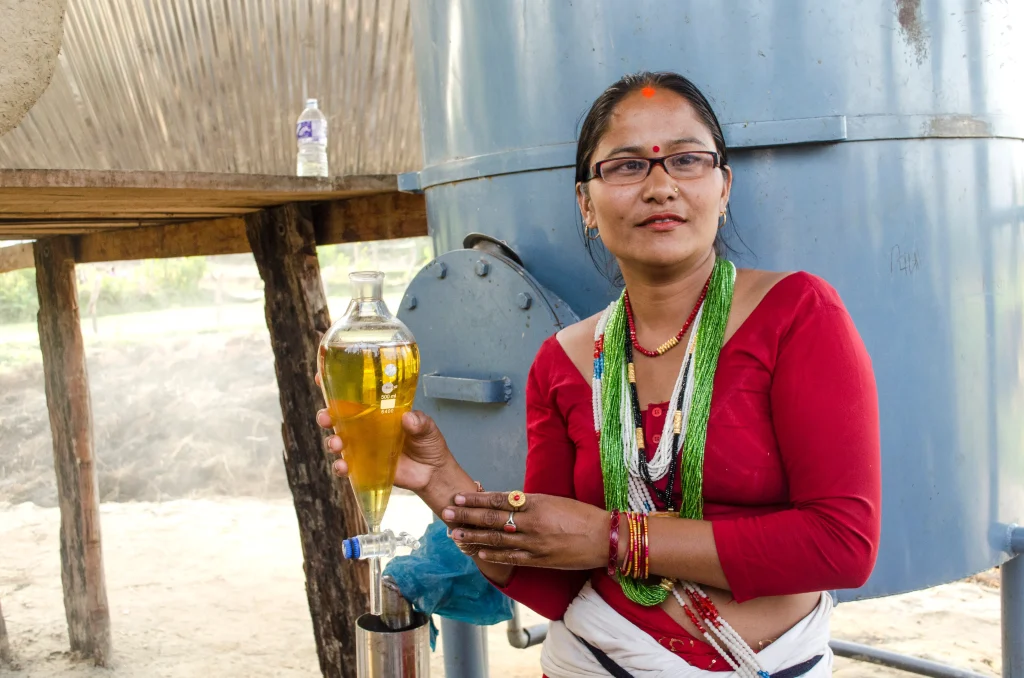
Parbati Khadkha is the manager
of an essential oil distillation
enterprise in Nepal.
The enterprise is part of a program being implemented
by iDE to improve the wellbeing of rural poor, especially
women and children, and prepare them for climate
change related shocks and stresses. Some 130
families have been involved in the Khadkha’s enterprise
from the get-go, as part of a cooperative, and have
shared in significant profits generated. Essential oil
crops are resistant to both drought and floods, earn
higher returns, and aren’t affected by pest infestation
the way other crops are in Nepal.
Cambodia
Cambodia is ranked as one of the most vulnerable countries to climate change. Climate scientists predict hotter, drier dry seasons, shorter wet seasons with more intense rainstorms, and less overall predictability. With 80 percent of the population relying on rural agriculture, these climate change effects have a severe impact on many people.
iDE helps farmers to spread their risk by growing more diverse crops in shorter cycles with water-saving technologies and climate-smart agricultural practices.
Ethiopia
Agriculture in Ethiopia depends on rainfall. Temperatures are expected to rise, along with more varied rainfall patterns, likely leading to extreme flooding and drought.
iDE helps people in rural areas build their resilience to climate extremes through the use of water-saving and climate-smart agricultural technologies and practices.
Ghana
Shortened, inconsistent rainfall over the last several growing seasons in northern Ghana has reinforced the need for communities to effectively collect, store, and manage their water sources to be able to persevere throughout the nine-month dry season.

